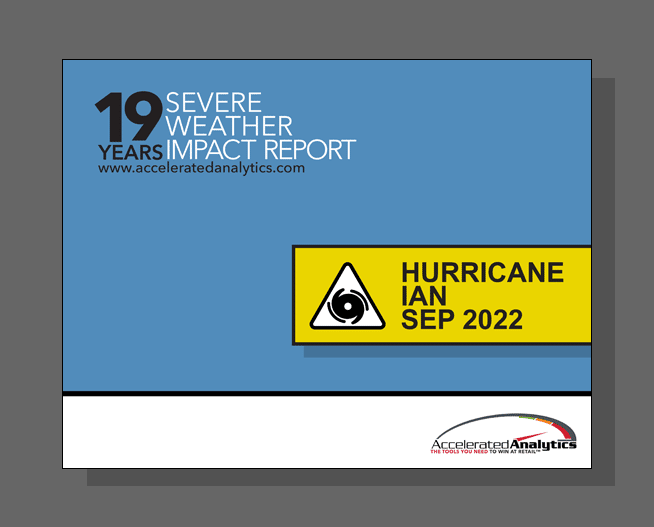January 30, 2015
The U.S. Bureau of Economic Analysis today reported 2.6 percent annualized growth in real Gross Domestic Product for the fourth quarter of 2014, which is a little below consensus, but closer to the long-term trend growth rate of the economy. The long-term trend is about 2.0 percent.
The resiliency of consumer spending shouldn’t be surprising as it is fundamentally supported by strong job growth, falling oil prices and relatively optimistic consumers, as suggested by The Conference Board Consumer Confidence Index released earlier this week. The fundamental factors supporting spending are the strongest they’ve been in this expansion.
Investment in equipment dropped by 1.9 percent, mostly due to weakness in investment in industrial and transportation equipment, which is probably related to investment cuts in the energy sector.
The current pace of economic growth is likely to sustain strong job growth in the coming months and further reduce the unemployment rate. The Employment Cost Index, released today as well, showed ongoing acceleration in wage growth, with wages in the private sector moving up to 2.3 percent year on year. Further acceleration is to be expected. The acceleration in wage growth increases the likelihood of an increase in the Fed interest rate by mid-2015.
Despite the current strength in economic activity, the downward pressure on profits, the strong dollar, and the weakening global economy are likely to partly offset the strength in consumer spending. We do not see further acceleration in GDP growth as a likely scenario. Moving forward, we expect the U.S. economy to grow at about a 2.5 percent rate in the coming quarters.
Source: The Conference Board


